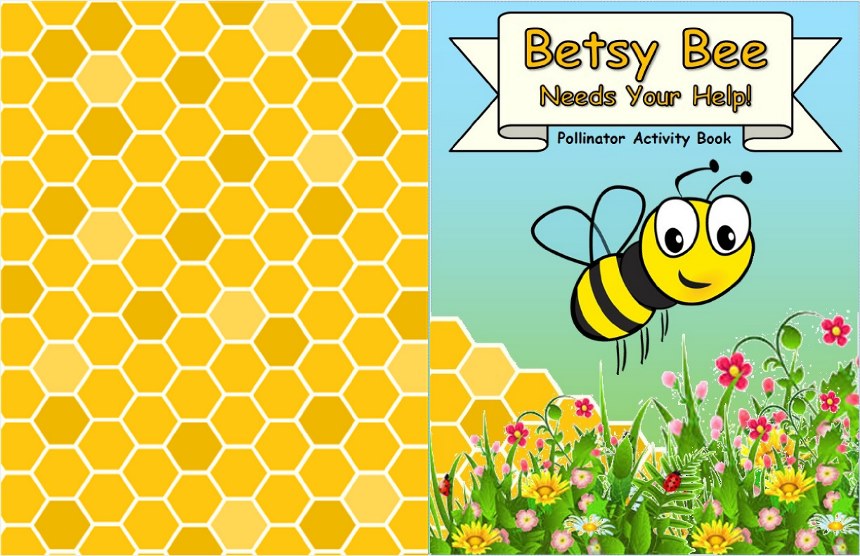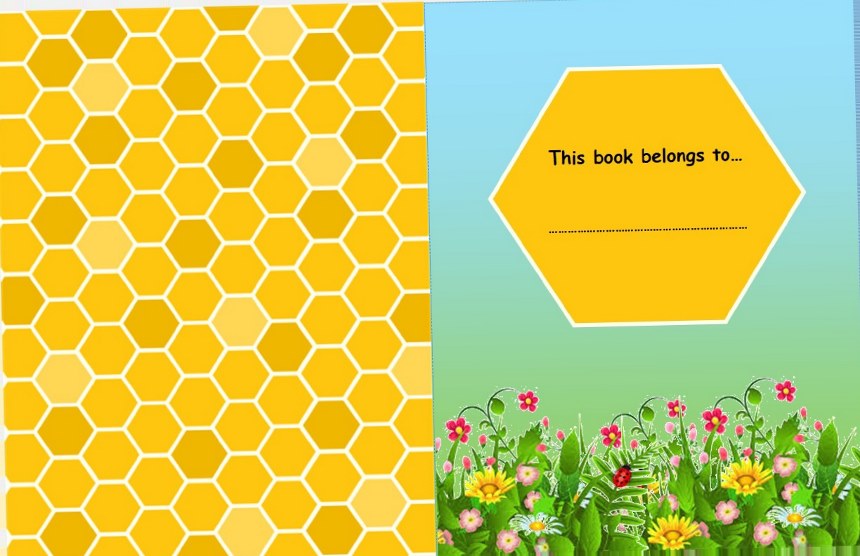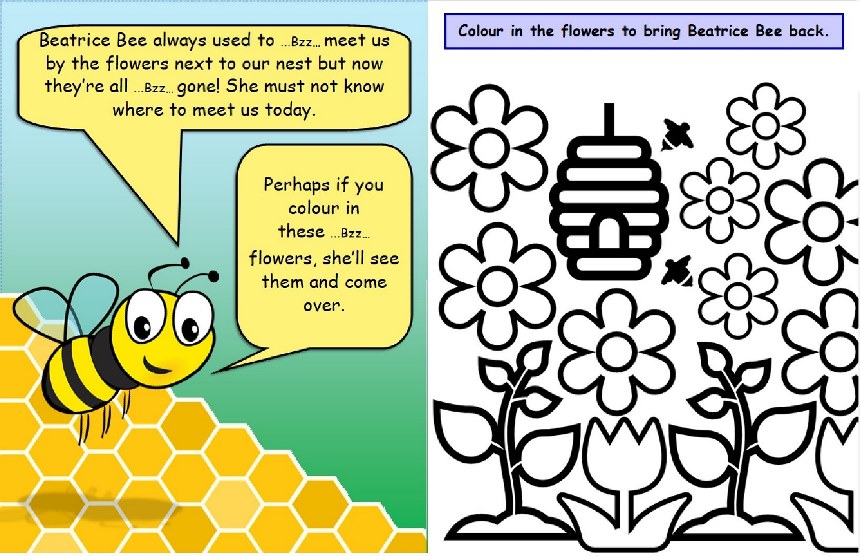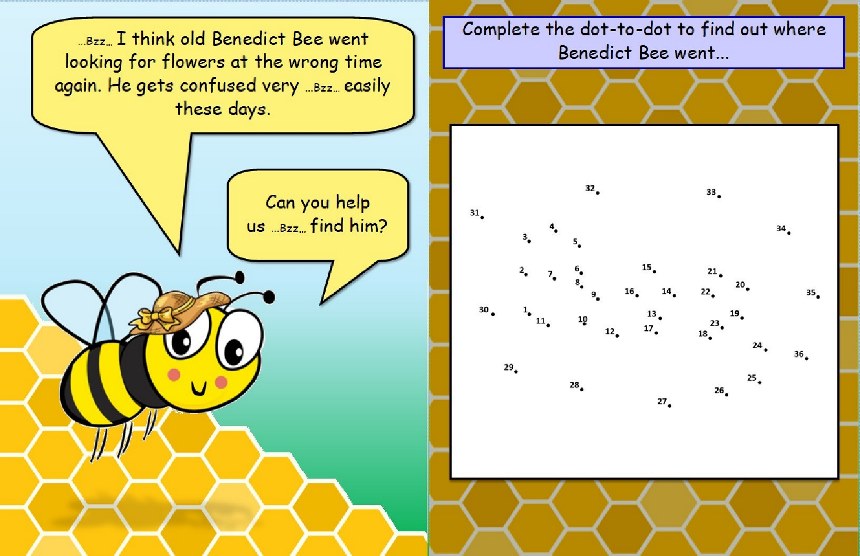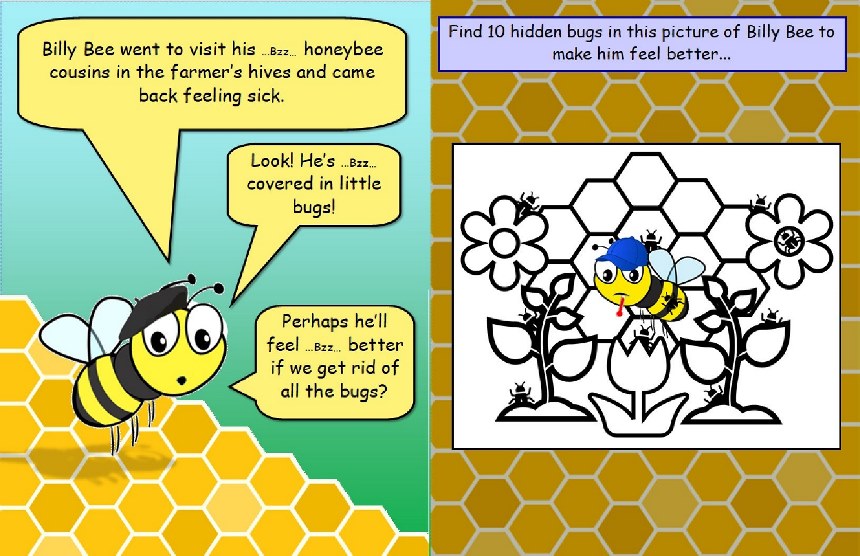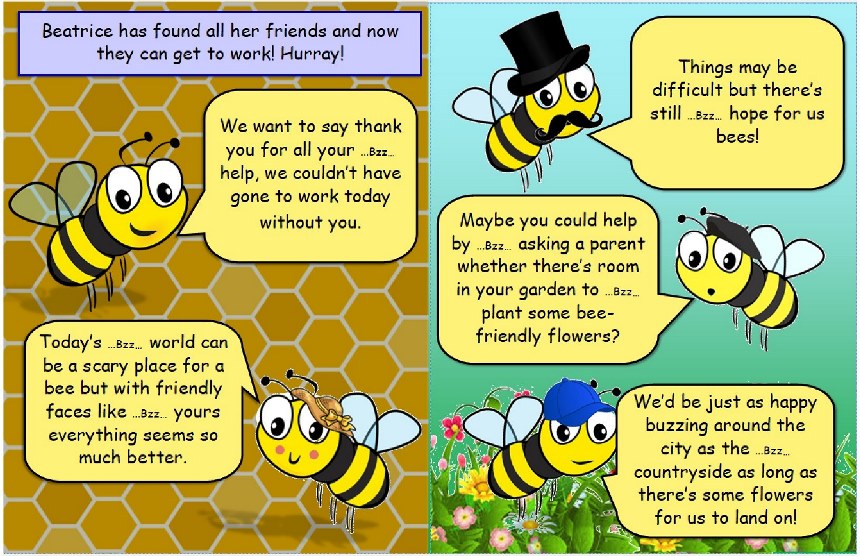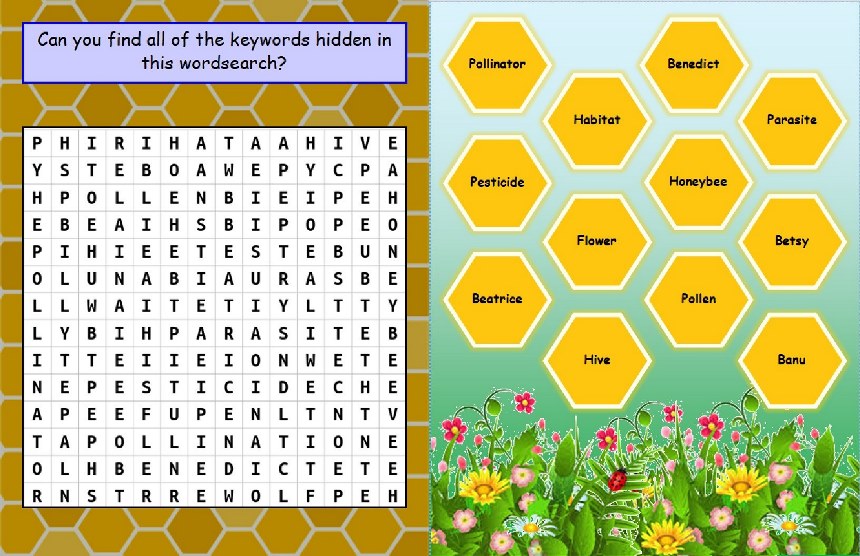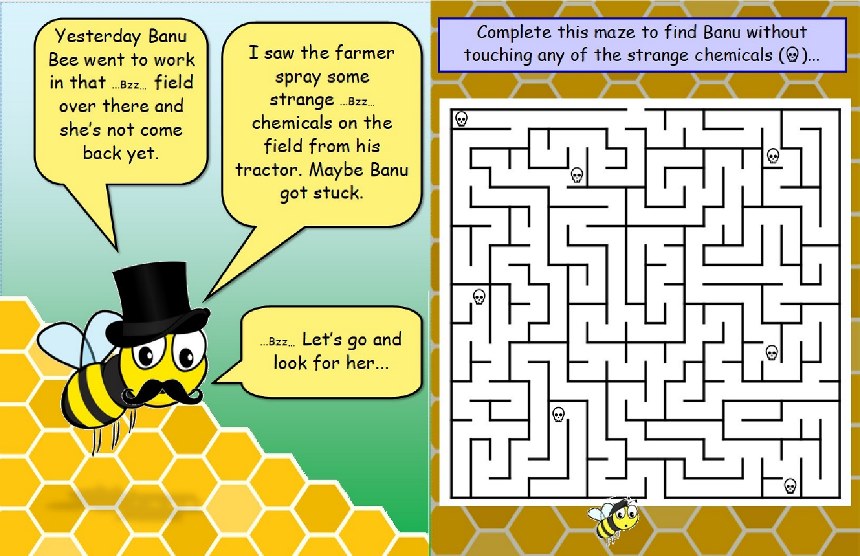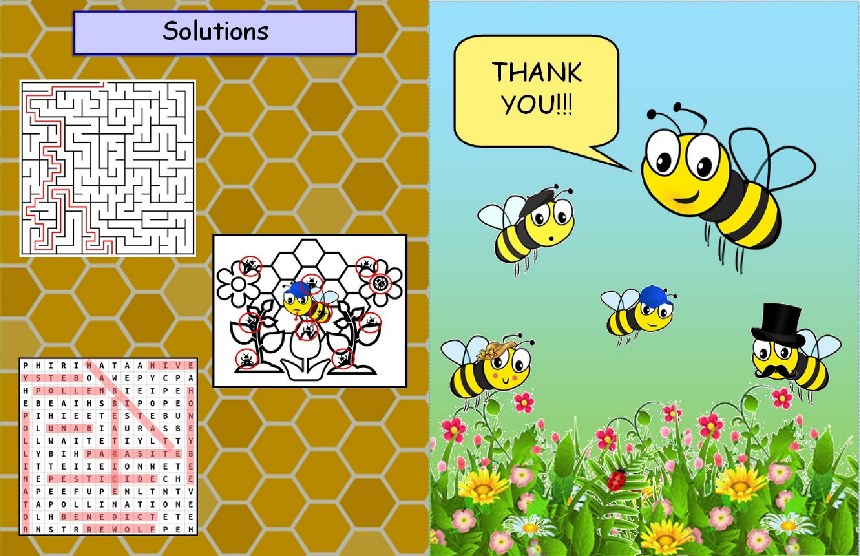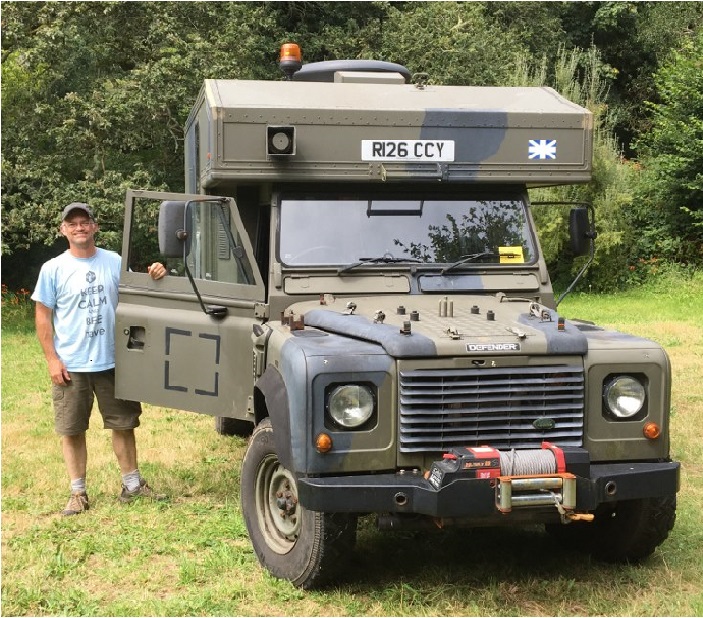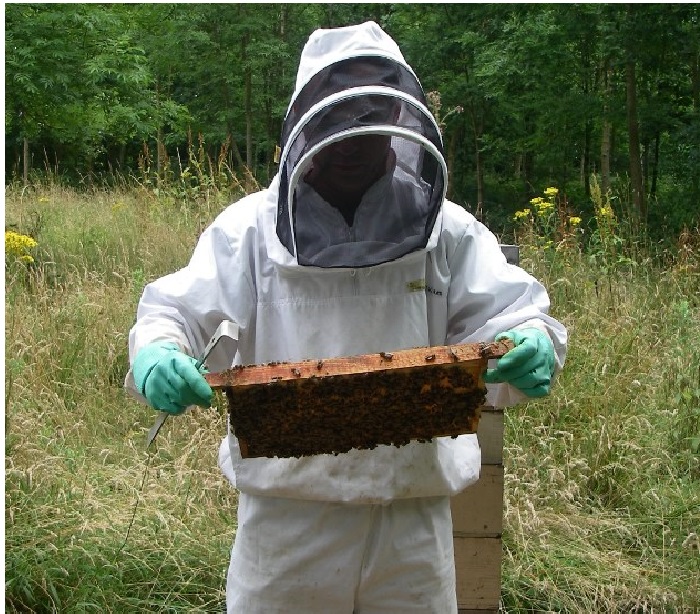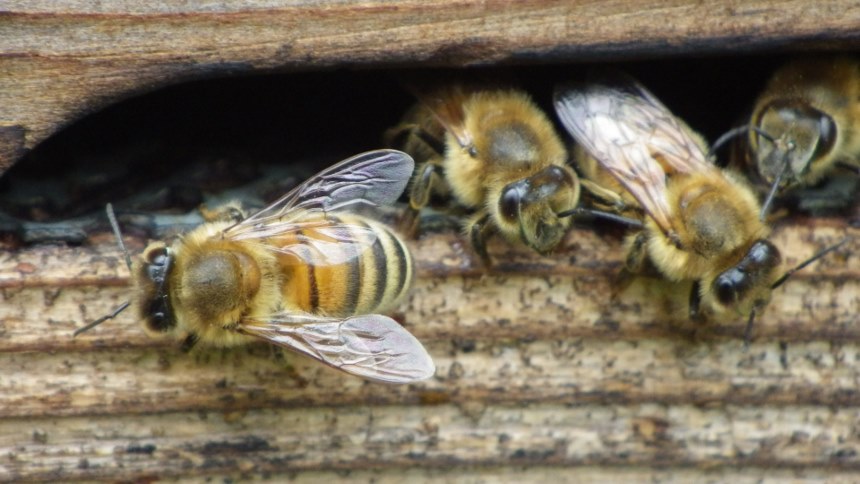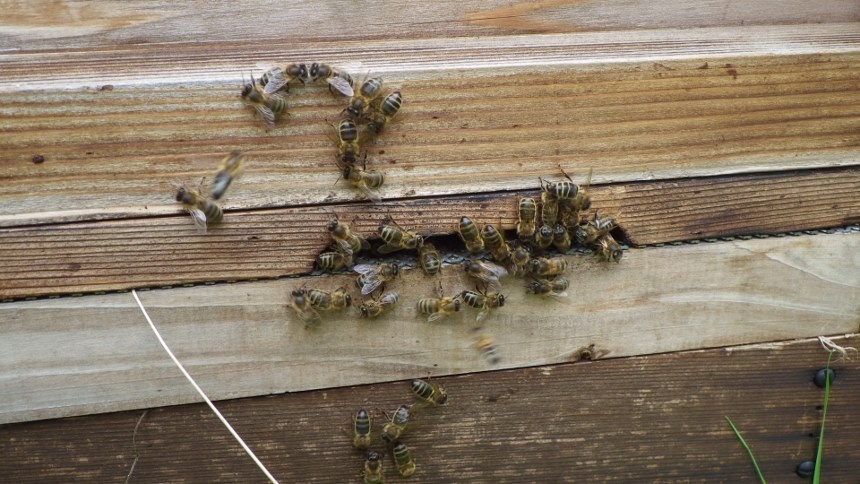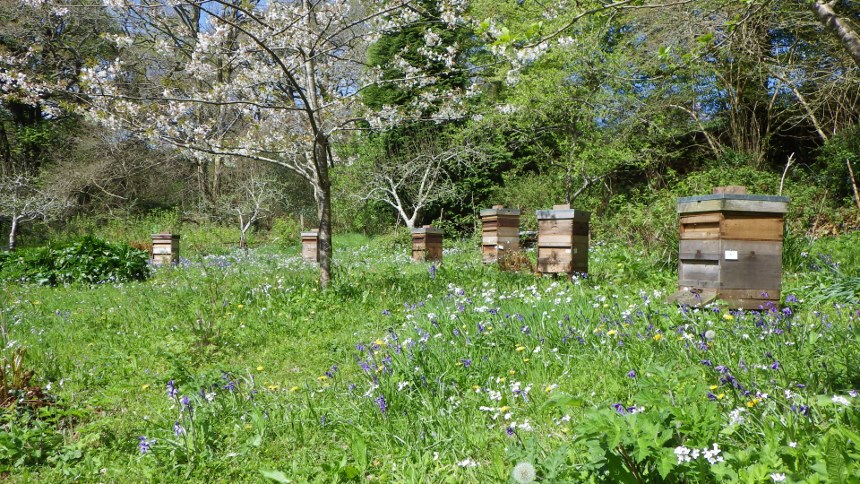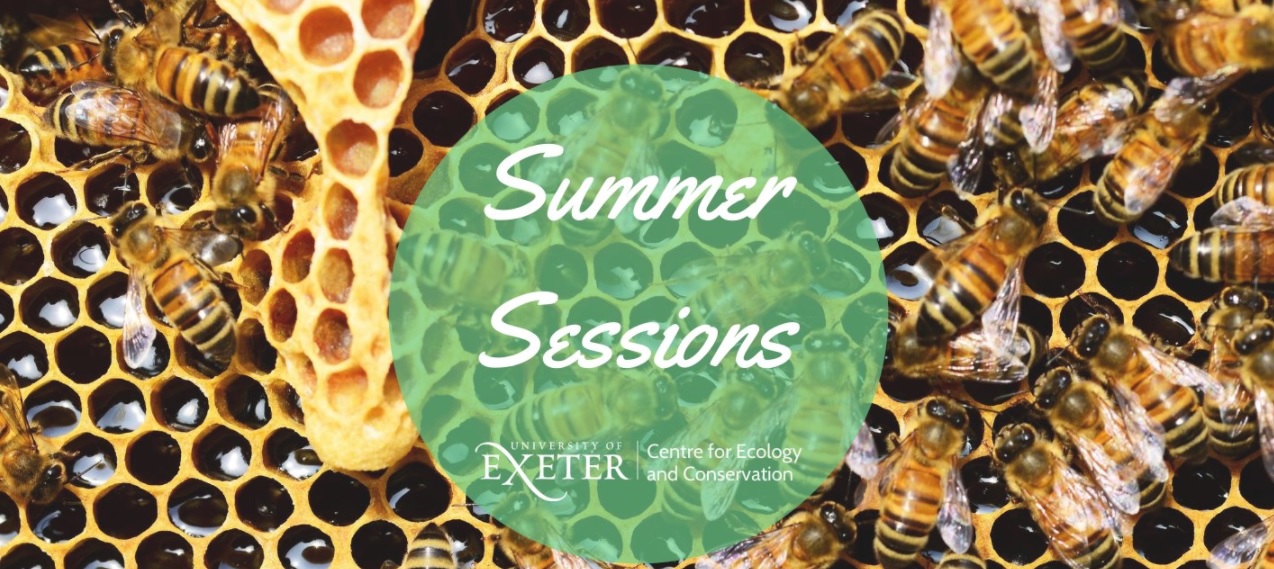
As August 15th was world honey bee day we thought we’d celebrate these tiny pillars of civilisation (as well as see how many ‘Bee’ puns we can fit in one blog)! Scientists and students at the Centre for Ecology and Conservation and the Environmental Sustainability Institute are studying many aspects of honey bees and wild bees, and are passionate about working with bee keepers, conservationists, and the public to protect these crucial pollinators.
Life wouldn’t be as sweet without bees
In this article, Zoology BSc student Tom Ridgeon explains why we all rely on bees, and what the heavy cost would be if we were to lose them. Life Nature Magazine is created by students from the University of Exeter and Falmouth University studying at the Penryn campus in Cornwall. Their aims are to exhibit student photography and art as well as sharing stories and news about our natural world.
Meet Our Scientists
Bee populations are struggling in our modern farmed landscape, and Prof. Juliet Osborne’s team works to try to understand the myriad of reasons behind the declines. We’re passionate about doing research that benefits the world, so we work hand in hand with local partners to solve the ecological problems they face. Watch the below video showing how research published in the most prestigious journals also helps local beekeepers, farmers, and businesses in Cornwall.
https://www.facebook.com/UniExeCEC/videos/344158910076946/
It’s rare to find anyone nowadays who doesn’t realise how important bees are, and even the Queen is getting in on the action! Watch how our scientists are tracking honey bees at Buckingham Palace to see which habitats they like to collect pollen from…
https://www.facebook.com/UniExeCEC/videos/641526596795809/
Happy to Bee at Penryn!
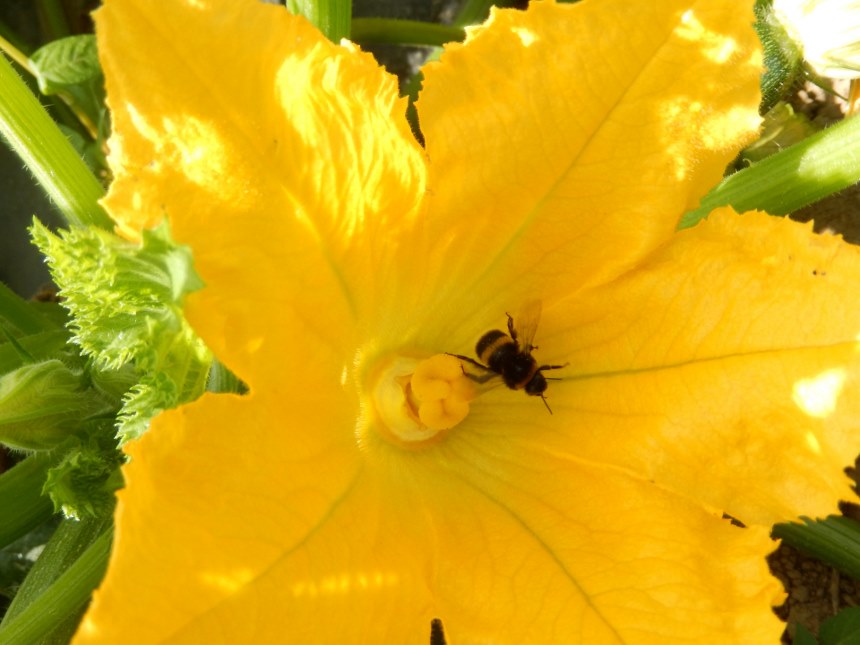
Lewis Bartlett is a PhD student at the Centre for Ecology and Conservation studying the diseases that affect honey bees. In this podcast he explains his lifelong obsession with bees, and how that led him to study the evolution of bee pathogens in the UK and USA. The Natural Selection Podcast is run by students to bring listeners cutting-edge research from the Centre for Ecology and Conservation.
Spreading the word about bees
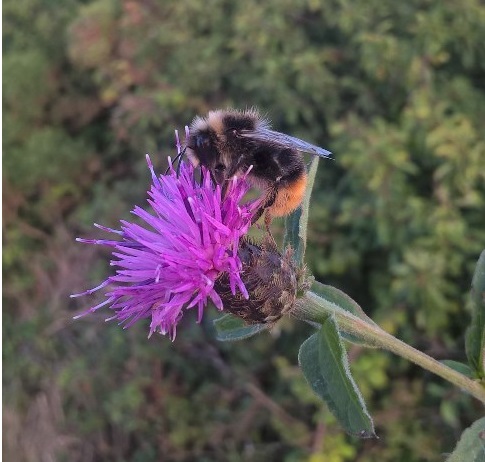
Check out some of the amazing outreach materials our undergraduates on the Science in Society module have made to help everyone understand why bees are so important and fascinating. Science in Society is a level 3 undergraduate module in which students study what society wants from scientists, and how scientists can engage different parts of society in research. As a final assignment, students produce an outreach project that engages the public in cutting-edge scientific research. Some of these projects are so good that we wanted to share them here.
All you need to do is Bee-lieve
Freya Bolton has put together a blog, Eco-enlightenment, for those who suffer from eco-anxiety, feeling anxious about the environment and climate change. Given the mainstream media’s predominantly negative coverage of the environment, the blog and Instagram account are a sanctuary for those who want to read about overlooked positive environmental news. You can read about how pesticides affect bees, and about how your garden can help protect them. Instagram: https://www.instagram.com/ecoenlightenment
Bee a Wild Explorer
This summer take a younger child, sibling, niece, nephew, or friend on an adventure into the garden! Zoology student Rosie Buckley’s booklet is full of activities for children to learn about the wild places in the local park or back garden, and to conserve wildlife as well!


Betsy Bee
Trying to entertain children on a rainy day? Try this pollinator activity book by BSc student Ellen Knight (@ehvknight). Betsy Bee will tell you all about her friends and how you can help them. Click on each picture to enlarge.
Saving the bees
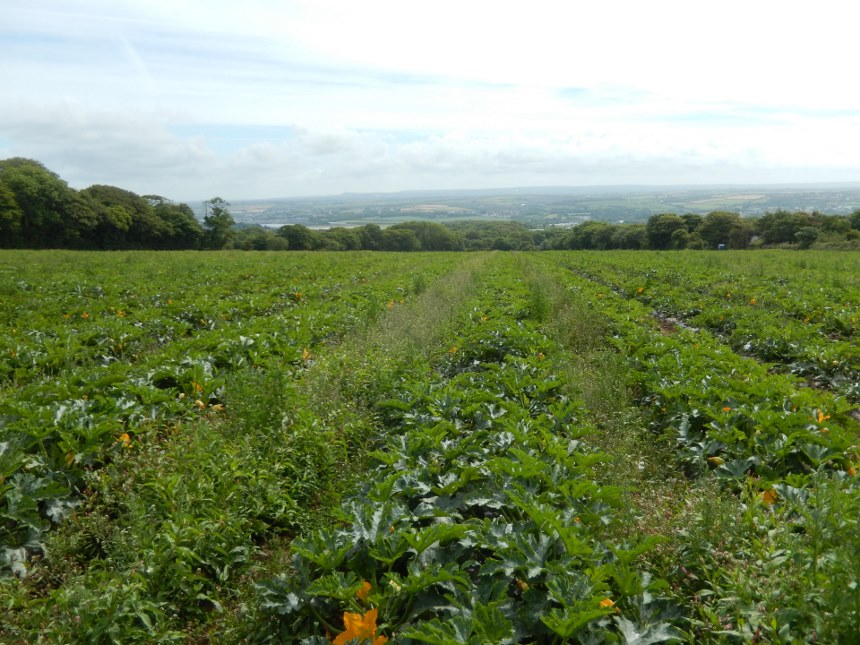
Pesticides, habitat loss, and invasive parasites. These are some of the threats that honey bees and wild bees face in today’s world. Our staff and students have been at the forefront of research to understand and reduce these threats. Read about how the impressively named Varroa destructor mite spreads viruses from honey bee hives to bumblebees. Prof. Chris Bass’ team has figured out how bee enzymes can identify which chemicals are toxic to bees, so that pesticides can be made bee-friendly. Dr Grace Twiston-Davies is working with Buglife to create rivers of wildflowers across Cornwall’s countryside connecting the county’s best wildlife sites from coast to coast.
Bee hunters!
Asian hornets are an invasive species spreading throughout Europe, and they prey on honeybees and other pollinators. Adult Asian hornets “hawk” at beehives, hovering outside to grab bees, which they dismember and feed to hornet larvae. In 2018 the first nests were found on mainland UK and scientists from Penryn are being called on to find and eradicate Asian hornet nests. Watch the amazing footage in this video that explains how to find a hidden hornet nest, and read more here. (video here: https://www.exeter.ac.uk/news/featurednews/title_668720_en.html)
Dr Peter Kennedy from the Environment and Sustainability Institute and the BEEHAVE group is about to set off for his field trip to Jersey…
This converted Land Rover Battlefield Ambulance is now a mobile field lab that will join the States of Jersey Department of Environment and Jersey Asian Hornet Volunteer Group. Their research involves tracking down the hidden nests and understanding the impact of this invasive non-native species on our native insect fauna!


